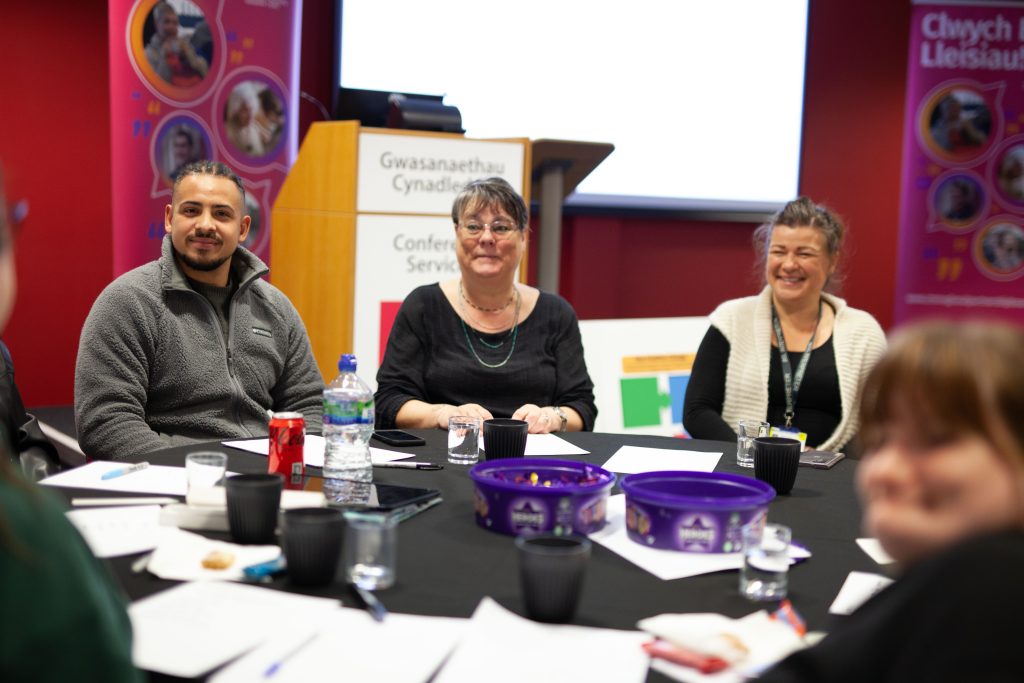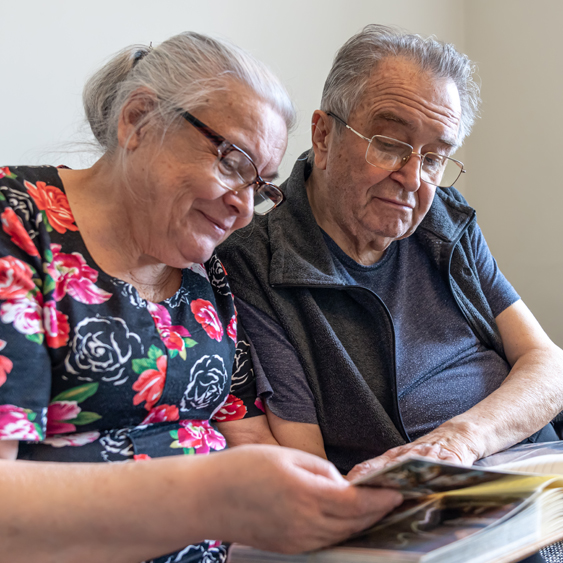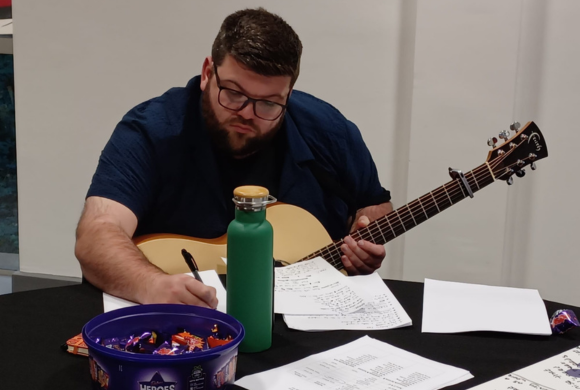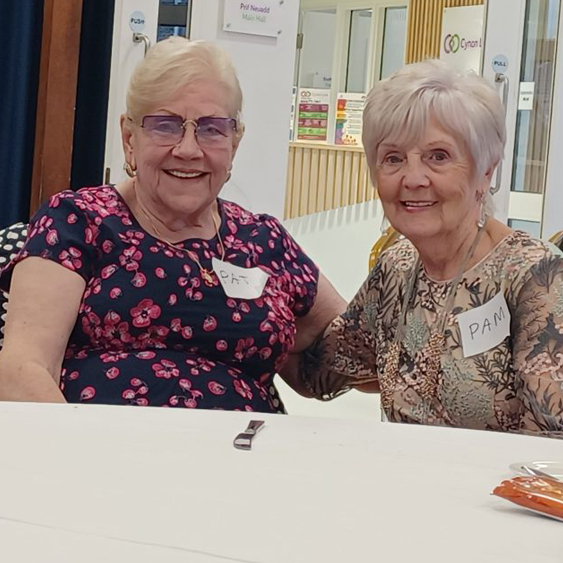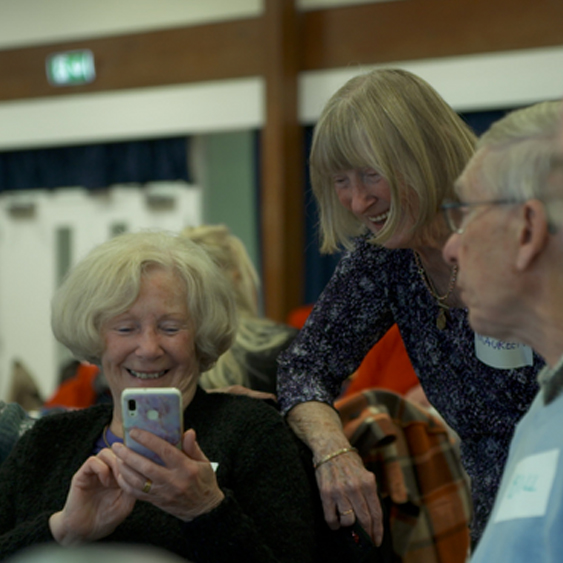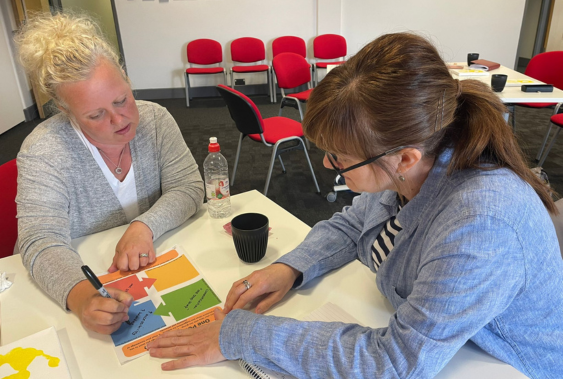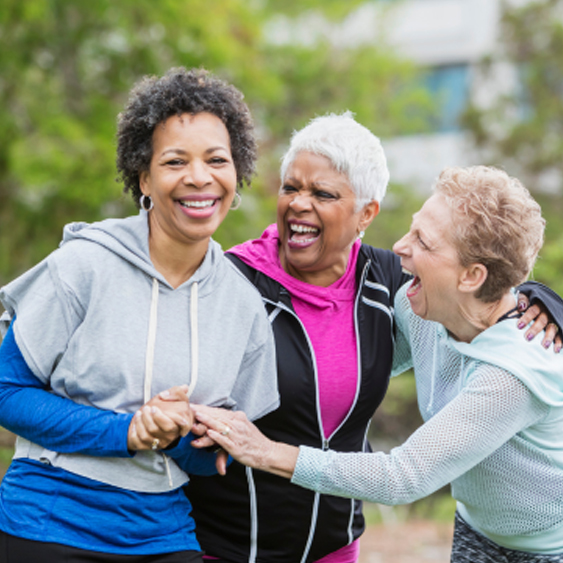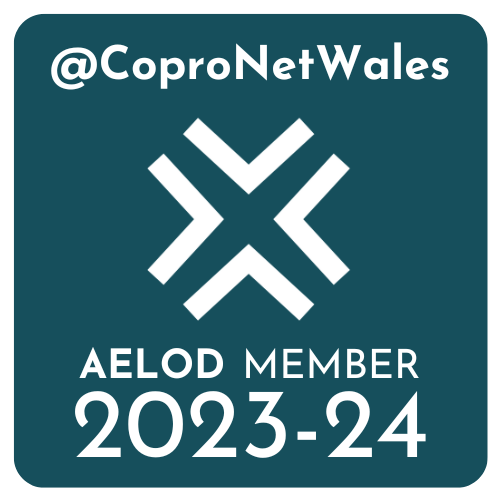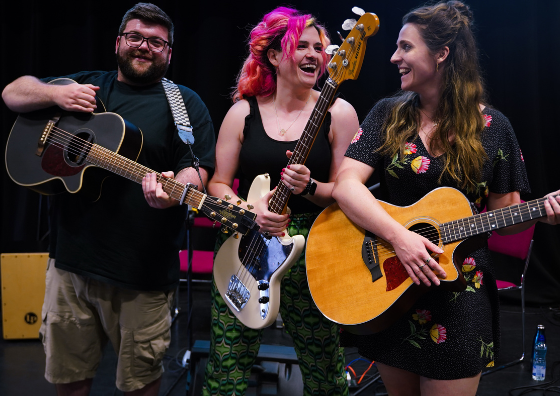
Population Needs Assessment
We have identified key priorities for our communities in our Population Needs Assessment. Here we explain how we worked with communities to identify these.
Read more
Regional Area Plan
Our Regional Area Plan outlines the actions that will be taken to improve services and support.
Read more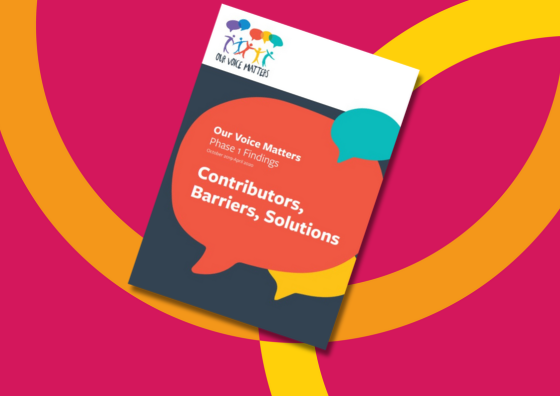
Contributors, Barriers and Solutions to Co-Production
This Our Voice Matters report shows the contributors, barriers and solutions to co-production.
Download here
Co-producing in a crisis
Co-Production In a Crisis: Valuing the Voices of Cwm Taf Morgannwg through the Covid-19 Pandemic'. The report, developed by the Our Voice Matters project, shares examples of good practice and recommendations for embedding co-production in projects
Download here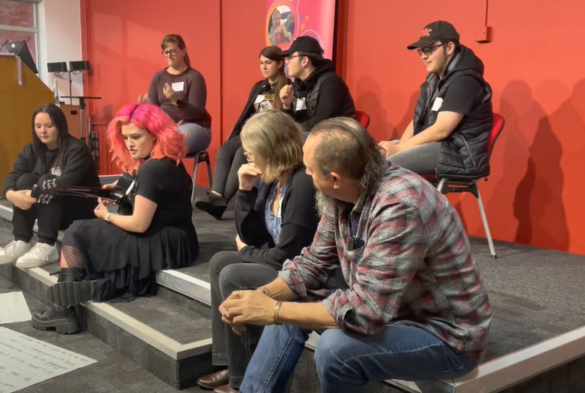
Enhancing lives by raising standards and improving dementia care
We have launched a new campaign to raise standards and improve dementia care across Rhondda Cynon Taf, Bridgend and Merthyr Tydfil.
Read more


